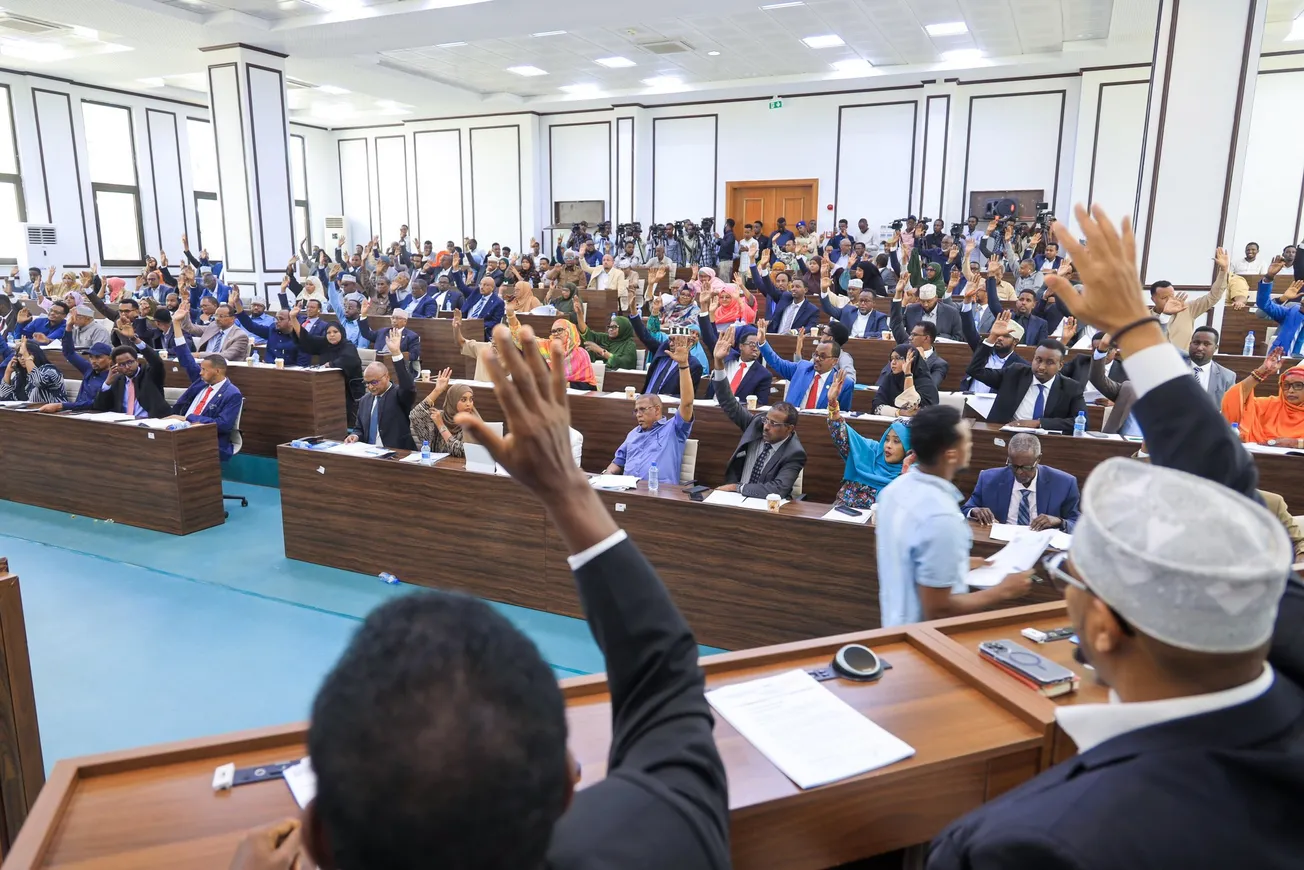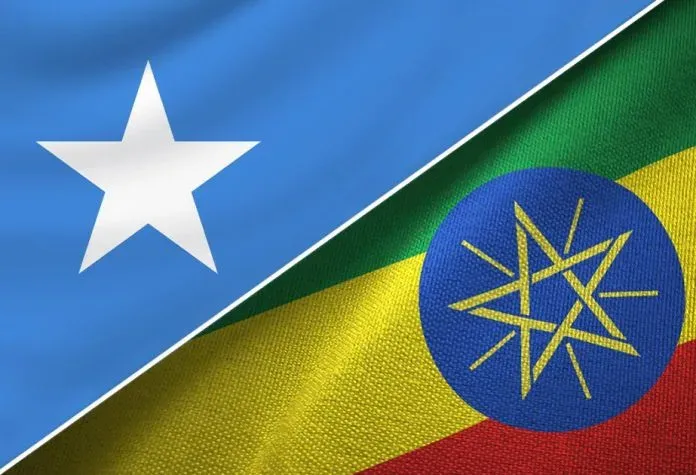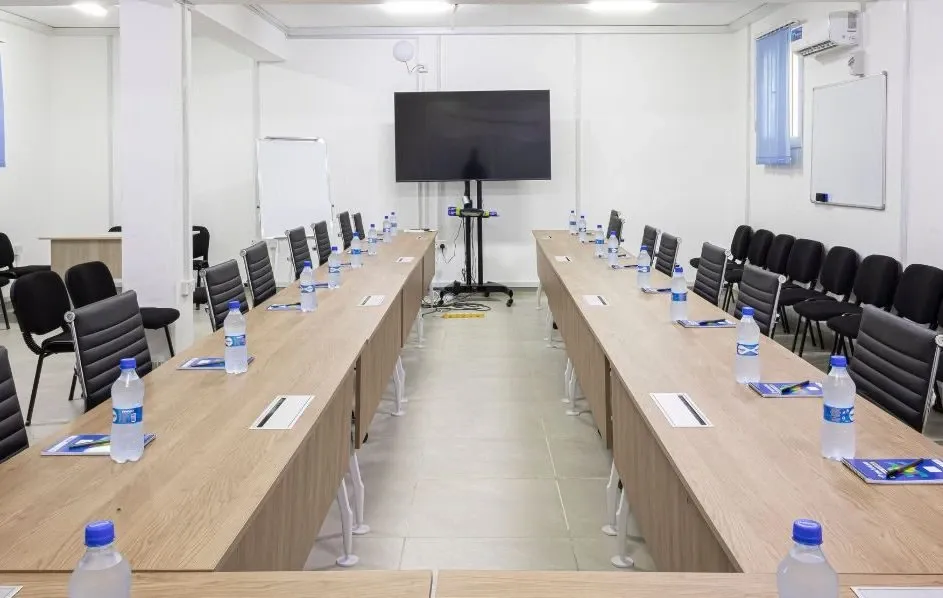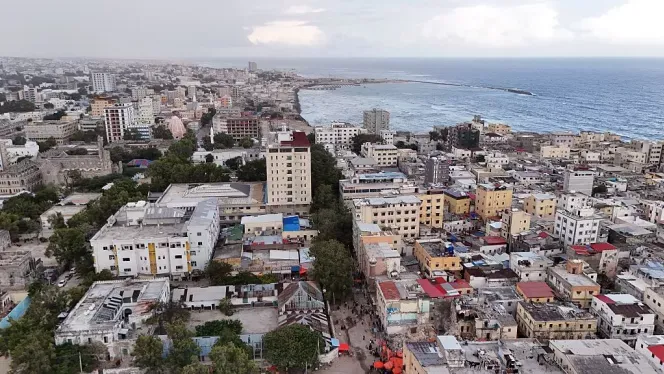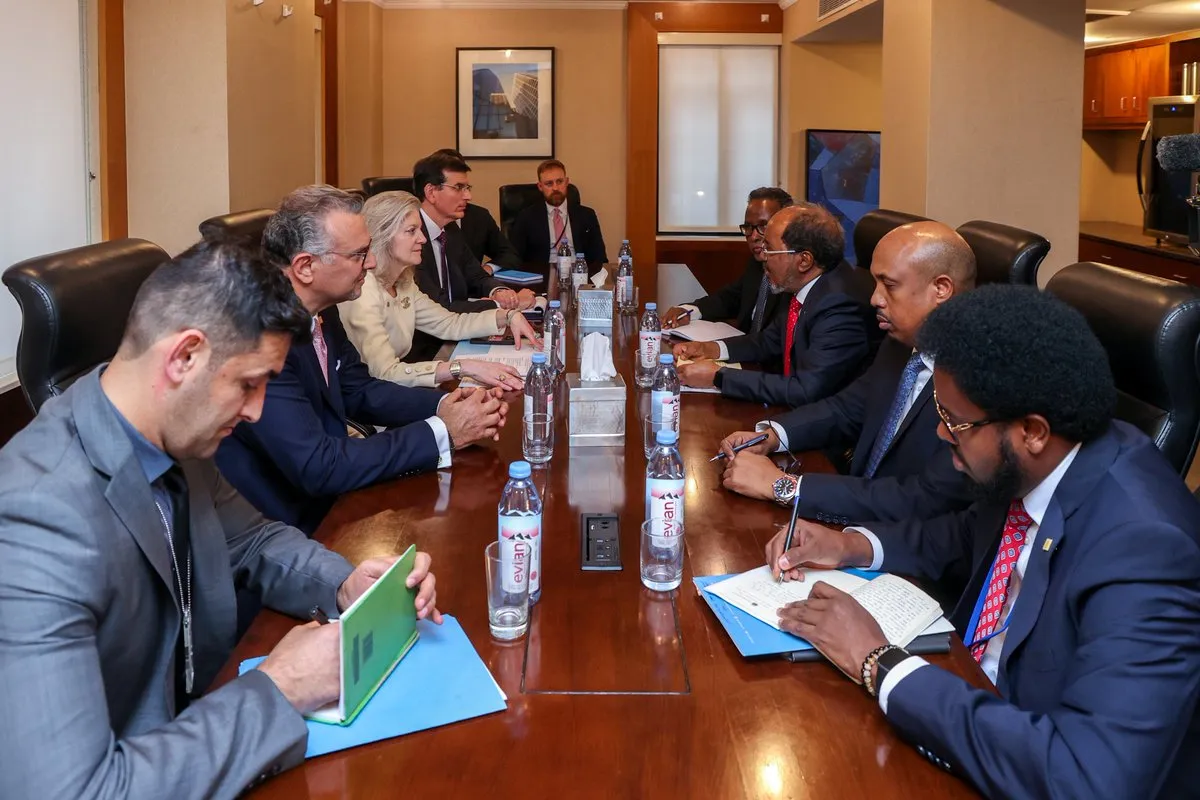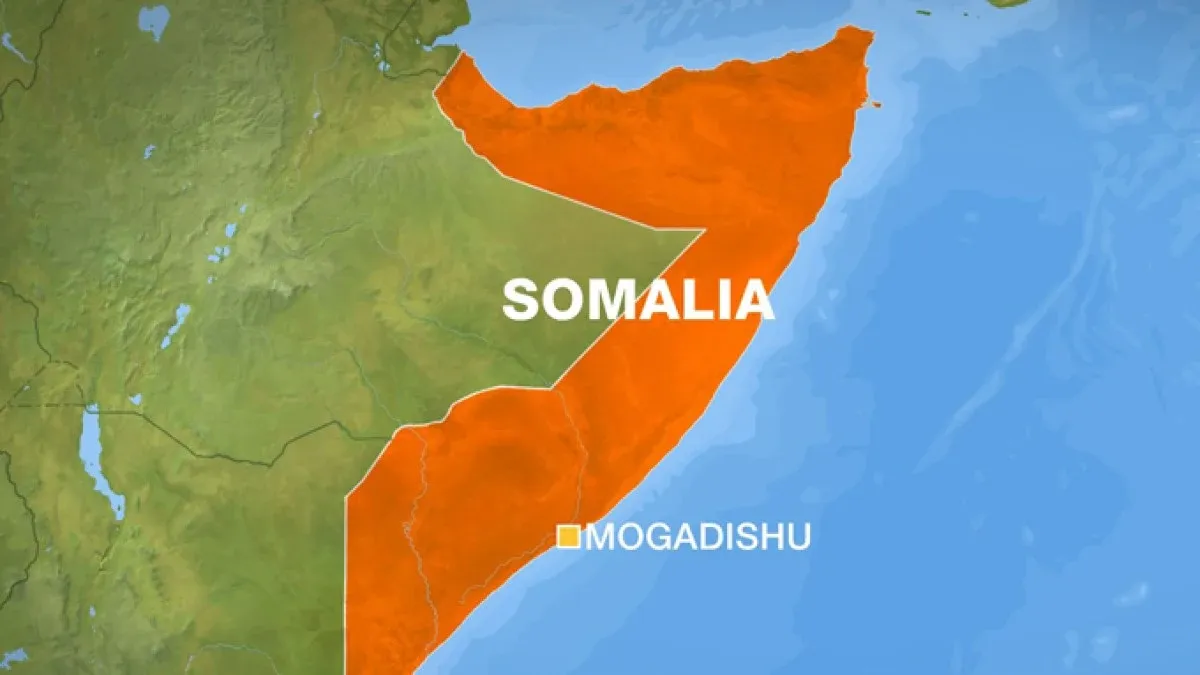Table of Contents
Somalia has entered yet another fraught political season. The presidential campaign is now officially underway, and with it, the predictable scramble to define terms, shape narratives, and—where possible—delay. This week, a group of prominent opposition figures released an 11-point communiqué calling for the resolution of key national issues before any election takes place. Among them: clarity on the federal system, power-sharing formulas, electoral procedures, and the need for credible safeguards to ensure election integrity. Above all, they demanded that the next election must be held under a one-person, one-vote system, never again under the indirect model last used in 2022.
In a bid to seize the initiative, President Hassan Sheikh Mohamud announced a national dialogue to take place on June 15th. He invited political leaders, regional heads, and civil society to take part. But the opposition, sensing an opportunity, convened an “emergency” session in Mogadishu to respond. While they welcomed the call for dialogue, they laid out a few conditions of their own: they want to see the agenda first, ensure that the dialogue is fully inclusive—including both federal institutions and member states—and insist that the constitution be revisited during the process.
Behind the formalities lies a deeper strategic game. The opposition appears ready to withhold participation unless key federal member states—especially Puntland and Jubaland—are brought to the table. These two states are embroiled in longstanding disputes with President Mohamud’s administration and have, at times, kept their distance from national-level processes. By making their inclusion a prerequisite, the opposition has increased its leverage while complicating the government’s efforts to control the framework of the upcoming talks.
This tactic is neither new nor surprising. For those familiar with Somalia’s political rhythm since the Arta Conference in 2000, the sequence is well known: argue over the structure, contest the participants, challenge the agenda, and stall proceedings long enough to either extract concessions or invite international mediation. Each cycle of delay buys time, erodes momentum, and positions opposition groups as defenders of national consensus rather than mere spoilers.
Yet there is more at stake this time. The question is not simply whether elections will take place, but whether Somalia can finally move away from transactional, clan-based power-sharing arrangements and toward a more stable democratic order. For this to happen, dialogue must be substantive, inclusive, and—crucially—Somali-owned. That last point is vital, as international actors, while often necessary in times of crisis, tend to produce shallow consensus that rarely survives outside Mogadishu’s heavily fortified conference halls.
To avoid falling into yet another cycle of paralysis, the federal government must take the first step. That means quietly reaching out to Puntland and Jubaland, not as adversaries, but as partners in an unfinished federal experiment. Their concerns—over autonomy, revenue-sharing, and political representation—are legitimate and well known. Addressing them behind closed doors, away from the glare of political theatre, would go a long way in building the goodwill necessary for a genuine national dialogue.
Only after such groundwork is laid should the government move to formalize the agenda. This would not only increase the likelihood of participation by all parties but also undermine any justification for boycotts. If the opposition’s stated goal is to build a better framework for elections and governance, then participation must follow once their primary condition—member state involvement—is met.
What Somalia needs is not another externally driven peace process but a homegrown reset. The success of any national dialogue will depend less on who attends and more on whether those in the room can speak honestly about the system’s flaws. The 4.5 clan power-sharing formula, the ambiguous roles of federal and state institutions, and the recurrent exclusion of ordinary citizens from political life all deserve scrutiny.
If the dialogue simply becomes a stage for elite bargaining—where attendance is used as leverage rather than engagement—then Somalia will lose yet another chance at meaningful reform. Worse, international partners may feel compelled to step in, reinforcing the perception that Somali leaders are incapable of resolving their own disputes without foreign referees.
That perception is not only damaging—it is inaccurate. Somalia’s political class understands its own dynamics better than any envoy or consultant flown in from abroad. The real challenge is not knowledge, but trust. That can only be rebuilt through direct engagement, clear concessions, and mutual recognition that no one group can hold the system hostage indefinitely.
There is still time to set a different tone. If the federal government engages the states early, and if the opposition moves beyond tactics and toward substance, then June 15th could mark the start of something rare in Somali politics: a moment when dialogue becomes more than a delay tactic. It could, with political courage, become the foundation of a long-overdue consensus.


